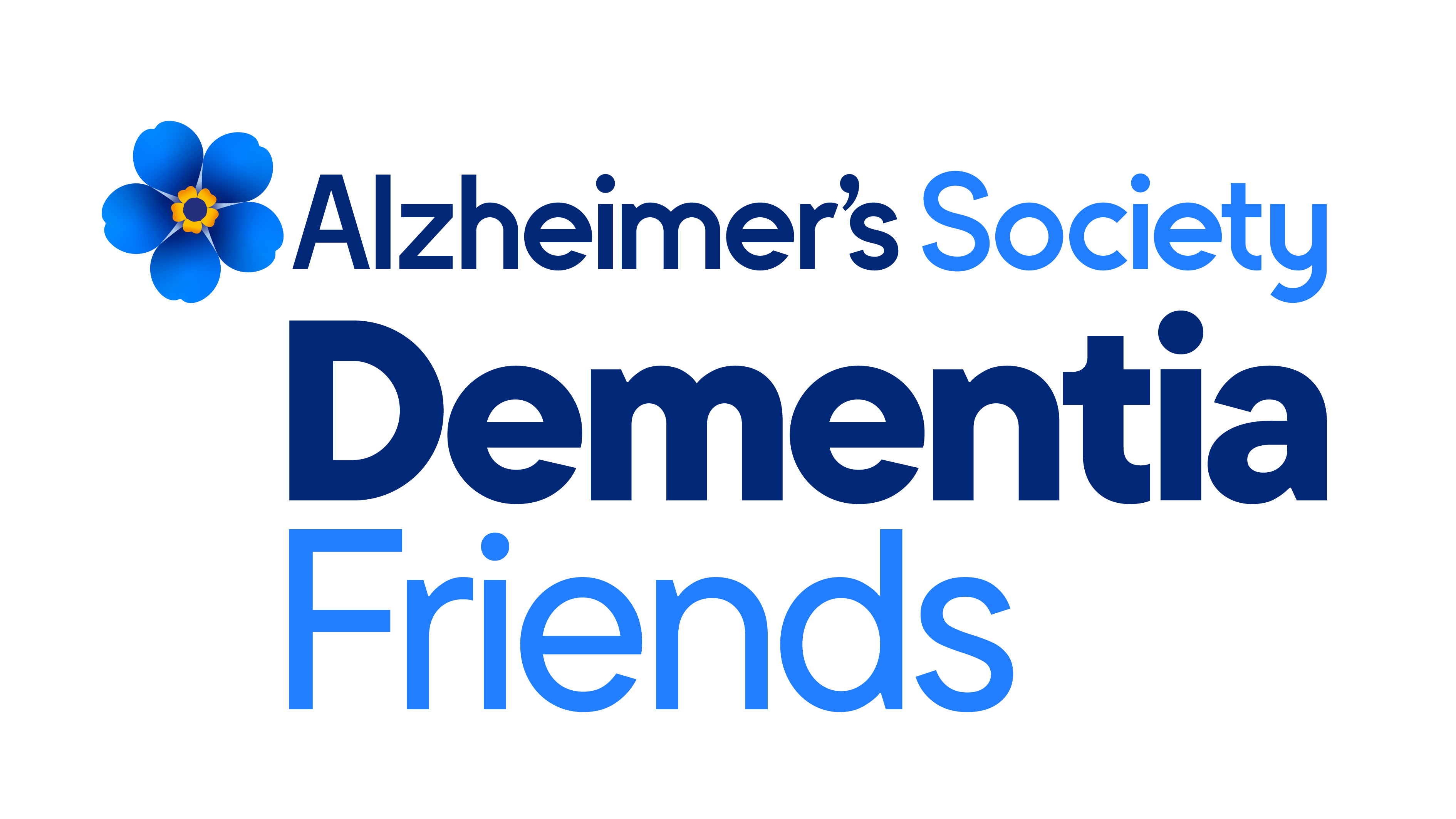'Be prepared for light bulb moments'
Having run a self-advocacy service for people with learning disabilities in Plymouth for the last eight years I thought it was vital that my group members had a better understanding and knowledge of dementia. They or one of their peers have an increased risk of developing dementia and would surely encounter the condition at some point in their lives.
Getting everyone involved
I was thrilled to learn that Alzheimer’s Society had created a new learning disability pack that needed trialing. I was fortunate that in my position I was able to contact my groups across the self-advocacy network to offer Information Sessions to the group members and their support staff. Everyone has different learning styles and I felt that my audience needed a visual stimulus and aural information to aid their understanding and engagement. I laminated the flash cards provided in the pack so less confident individuals or people who communicated non-verbally were still able to get involved and answer questions.
Out of the 8 groups I trialed only one understood the full function of their brain. Everyone knew where their brain was but most people thought their brain was responsible for thinking and remembering; the concept of your brain being a super computer controlling your body and all of its functions was completely alien to most. We then spoke about what would happen if our brain became poorly. I always used the book case analogy as it works so well. I also talked about a grandma in a care home being visited by a grandchild whose name they couldn’t remember. The groups thought it was strange not just to go in and say 'hi grandma, it’s me your grandson/daughter!'
Providing a space to talk
People with learning disabilities are used to having a certain level of help and support in their lives so as with the example above I found the groups were very responsive and empathetic with coming up with actions to support someone living with dementia.
Sadly, people with learning disabilities are often sheltered from what is going on within their own families as parents and siblings want to protect them from upset or distress so be prepared for light bulb moments of ‘oh that was why granddad was acting like that'. Also, you might have someone within the group who is either waiting to go in for an assessment or is waiting to hear how they did in their assessment as most adults with Down Syndrome are invited for screenings. This happened once to me and I was so glad that this individual still chose to attend the Sessions as at the end he said to me ‘oh thank god, dementia isn’t the end of my life then’.
It is very hard to make informed choices and choose pathways if you lack information in an accessible format so I would heartedly recommend running Dementia Friends Information Sessions for people with learning disabilities. Not only are you spreading those five important key messages but you are also imparting information that can be used.
Jill Singh, Dementia Friends Champion



